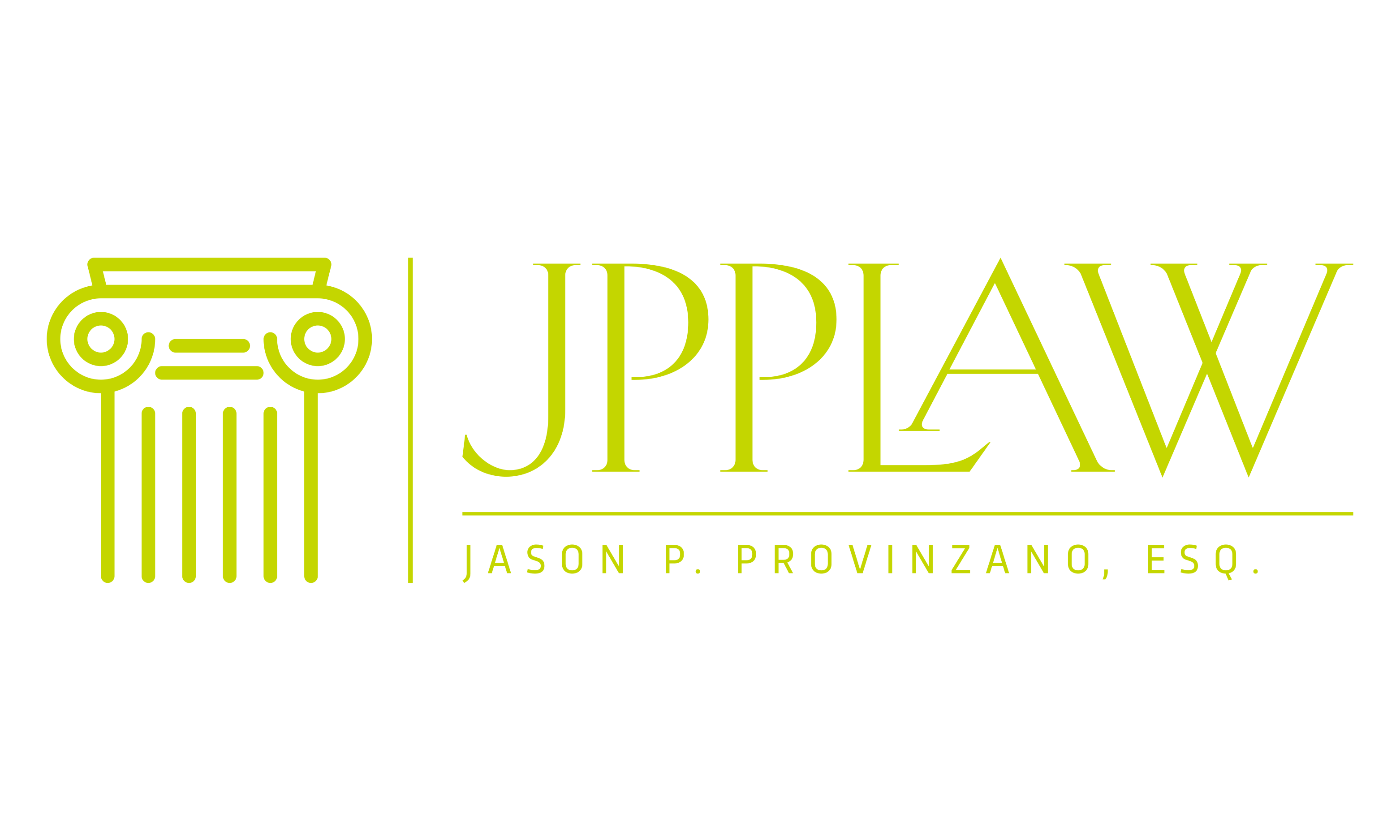Although bankruptcy is a last-resort option for financial hardship, it’s an unfortunate circumstance for many Americans. Roughly 97% of bankruptcies filed in 2021 came from individuals, not businesses.
But what happens when you go bankrupt? Continue reading for more information on that.
What Is Bankruptcy?
By definition, bankruptcy is the inability to pay back debts. The bankruptcy process is usually started by the debtor. Once it’s begun, the bankruptcy process totals all of the debtor’s outstanding debts and assets.
This process allows the court to see what your financial circumstances are. After that, the assets in question may be traded or sold to pay back some of the debt.
The bankruptcy process is a way for someone to get a new start while still allowing a creditor to regain some of their initial loan principal. Bankruptcy helps the economy move forward by giving individuals and businesses a second chance at obtaining loans and credit after making a mistake.
Chapter 7 vs. Chapter 13 Bankruptcy
Not all bankruptcies are the same. You can file for either Chapter 7 or Chapter 13 bankruptcy, depending on your circumstances and what will work best for them.
Chapter 7 Bankruptcy
Chapter 7 is the stereotypical bankruptcy. When you file for Chapter 7, all your non-exempt assets are evaluated, sold, and given to the creditors of your debt.
After that, your non-exempt debts are cleared, and the event is noted on your credit history for ten years. This act won’t clear out any outstanding child support payments or student loans, however.
Chapter 13 Bankruptcy
Chapter 13 bankruptcy is a little more forgiving, but that’s due to the repayment schedule you’ll be assigned after the process. Rather than having your assets sold, a repayment schedule is arranged that is usually three to five years long.
After this plan, the debt discharges, even if you don’t fully repay the debt. This bankruptcy lasts on your credit history for only seven years, rather than ten.
How Bankruptcy Can Affect Your Credit
Because a declaration of bankruptcy requires financial hardship, bankruptcies negatively affect your credit score. This process is a sign to lenders that you aren’t as reliable as others, meaning that you might see refusal for loan applications or much higher interest rates.
Taking out loans will likely be harder after a bankruptcy. However, that doesn’t mean it’s impossible to get a loan after bankruptcy. Some lenders work specifically with individuals after a bankruptcy to help them rebuild their credit. These loans tend to have high interest rates.
Additionally, your credit score can improve over time. Credit agencies tend to favor new information instead of old, so by keeping up with future payments and meeting deadlines, your credit score can improve to where it used to be over time.
Contact JPP Law Today
Navigating a bankruptcy is a tough and emotional process. If you’ve been looking for Hazleton attorneys for your bankruptcy filing, JPP Law can help you work through this process. This work includes finding what the best option is for your unique circumstances.
Contact us today to talk about your options.


